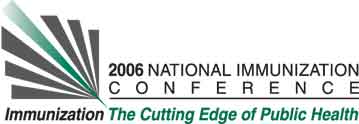Learning Objectives for this Presentation:
By the end of the presentation participants will be able to:
1. Define standing orders and immunization practice
2. Understand the manner in which state law governs the delegation of medical practice powers in an immunization context.
3. Recognize policy options for reforming state law to encourage broader immunization practice consistent wilth professional standards.
Background:
Standing orders are written protocols under which medical professionals delegate to non-medical health professionals the power to engage in medical practice. Standing orders allow otherwise non-authorized health professionals to 1) assess and diagnose patient immunization status, 2) prescribe vaccine, and 3) administer vaccine. Standing orders have been shown to improve vaccination rates. The legal basis for standing orders rests in state laws governing medical practice and delegation of powers. Little is known about how state law addresses standing orders in an immunization practice context.
Objectives:
1. To analyze the legal environment surrounding immunization practice and the use of standing orders.
2. To support the development of state policies that advance immunization practice.
Methods:
1. Review and analysis of state laws related to medical and health professions practice.
2. Conduct key informant interviews with state/local health/legal officials, and community vaccinators.
3. Apply findings to specific immunization practice settings.
Results:
1. Extensive variation in state laws regarding immunization practice by non-physician health professionals, and the delegation of immunization powers under standing orders.
2. No state appears either to broadly extend immunization practice powers to a wide range of health professionals, or to explicitly and comprehensively encourage immunization through the delegation of medical practice powers.
Conclusions:
A model approach to standing orders law may encourage greater access to immunization services.
See more of Immunization Requirements and Laws
See more of The 40th National Immunization Conference (NIC)

